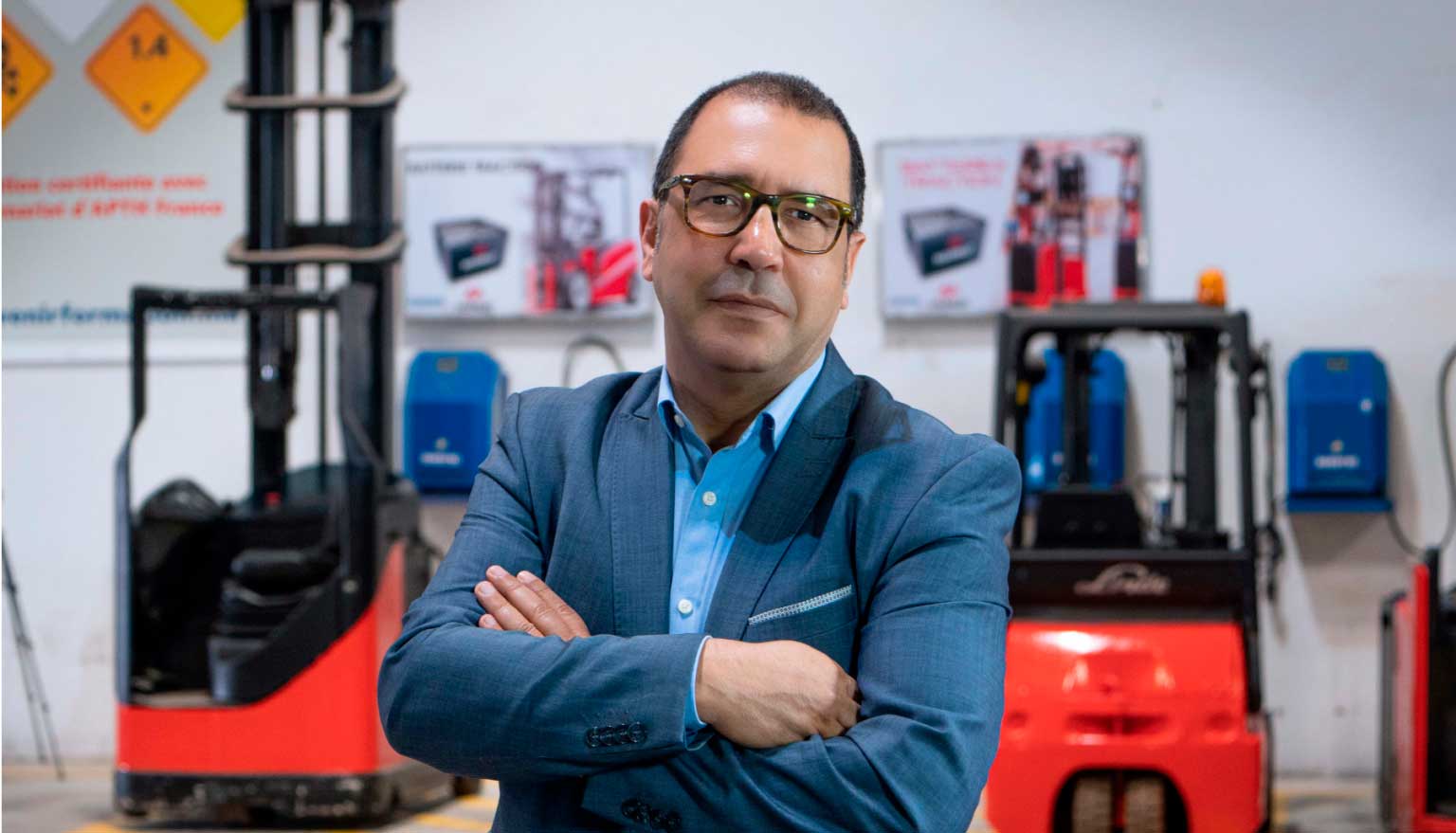
Interview with Driss Herrati, expert in logistics
Le Matin éco: Do you think the development of regional multiflow logistics zones will solve the problem of logistics supply in Morocco?
Driss Herrati: I think the approach is rational and very important for the organization of the entire logistics chain in Morocco. However, it's important to realize that logistics platforms alone can't solve the whole equation. solve the whole equation. There's no point in having warehouses that meet international standards, but remain empty. What's more, companies need to be encouraged, if not obliged, by means of a rigid regulatory framework and tax incentives. companies to outsource their logistics. Today, unfortunately, we find that some major Moroccan groups still manage their logistics themselves, whereas if they outsource it to specialized operators, they would save a great deal in production costs. This would also have a significant impact on the end consumer, who would benefit from quality products at a reasonable price and on time.
Le Matin éco: Yes, but how can we encourage companies to outsource their logistics?
Driss Herrati: I'd like to stress this point very strongly: it's essential that the government introduce tax incentives to encourage Moroccan companies to outsource their logistics, otherwise future platforms will remain empty. At present, the Zenata multipurpose zone, for example, is not attracting Moroccan companies. For the moment, only foreign giants such as LG and Samsung are taking advantage of it through partnerships with SNTL. To give you an order of magnitude: in Morocco, only 10 to 15% of logistics is outsourced.
And even then, these are international products and brands such as those of Procter & Gamble and others. Not to mention that over 90% of the logisticians working on behalf of these brands are foreigners, such as DHL, Dachser, M&M, San José and others. Moroccan operators have a market share of barely 10%.
Le Matin éco: If the market is embryonic, what does Morocco owe for being ranked 62nd in the 'Connecting to Compete 2014' report published by the World Bank?
Driss Herrati: Don't dream. If Morocco has improved its position in this ranking, it's thanks to the Tangier Med port, in addition to the increase in container traffic. So, behind this, we need to look at the whole issue of logistics in the country. As I said, over 90% of companies involved in industrial production manage their own logistics. They deliver to their customers and distribution zones and points themselves.
Today, we're talking about regional logistics platforms, which are important, of course, but at the same time, we need to develop distribution zones and modernize multimodal transport. I believe, for example, that there's no point in supplying the Oriental region with goods by road, which is very costly and highly polluting, when it could be done by rail. We therefore need to massify flows by rail whenever possible, at least for regions linked to Casablanca by rail infrastructure. This would enable ONCF to boost its performance, and companies to significantly reduce their transport costs and save more time.
What's needed, then, is a global approach that will encourage companies to outsource their logistics, and enable logistics operators to put in place a suitable and, above all, attractive offer for customers.
To achieve this, the State needs to develop financial instruments to encourage the emergence of Moroccan logistics specialists, and thus encourage companies to move away from logistics and concentrate on their core business. There is enormous potential for the development of the logistics market in Morocco, if we can convince companies, and especially small businesses, to outsource their logistics.
And the best way to encourage them is to offer them an attractive tax regime. I believe that today, Morocco has all the necessary mechanisms in place to speed up the process, since we have put in place a strategy with clear-cut measures, a Logistics Observatory and a Logistics Development Agency. We also have a motorway network that is in the process of being developed.
So we need to speed things up, because the country has fallen behind on this project, which is costing it millions if not billions of dirhams. What's more, several international groups are planning to make Morocco their hub for Africa. If they don't, they'll turn to foreign logisticians who will reap the profits at the expense of Moroccan operators who could do just as well...